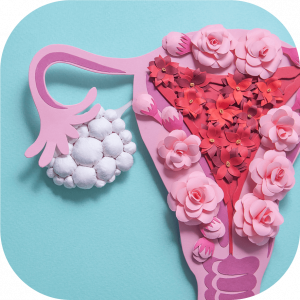Polycystic Ovary Syndrome (PCOS)
Polycystic Ovary Syndrome is a hormonal disorder that involves irregular menstrual cycles and results in small depositions of follicles, along with a malfunction in the adequate release of eggs. It is often associated with elevated levels of androgens (male hormones), which can lead to symptoms such as acne, excessive hair growth, and scalp hair thinning. PCOS is also linked to insulin resistance, weight gain, and an increased risk of type 2 diabetes, making it a complex condition that affects both reproductive and metabolic health.
 Chances of Recovery from PCOS
Chances of Recovery from PCOS
With the right treatment, we can cure this illness very easily. Patients with polycystic ovary syndrome are also more likely to have endometrial or breast cancer and infertility.
If you are experiencing any of the symptoms listed above, you should visit a specialist and find out if you have polycystic ovarian syndrome. Since women of reproductive age are the most susceptible to this disease, they should pay more attention to this issue.
As with all diseases, polycystic ovary syndrome can have transformative effects. Women suffering from polycystic ovary syndrome may have a very difficult time conceiving or may be infertile. Therefore, you should undertake the necessary steps and if the problem persists, you should begin treatment quickly.
IVF and PCOS
For women with Polycystic Ovary Syndrome (PCOS), IVF can be a highly effective fertility treatment. PCOS often causes irregular ovulation, making natural conception difficult. IVF helps overcome this challenge by carefully stimulating the ovaries, retrieving eggs, and fertilizing them in a controlled setting. One of the key advantages is that IVF reduces the risks associated with other treatments, such as multiple pregnancies from ovulation induction. It also allows doctors to monitor egg development closely and select the healthiest embryos, increasing the chances of a successful pregnancy.

